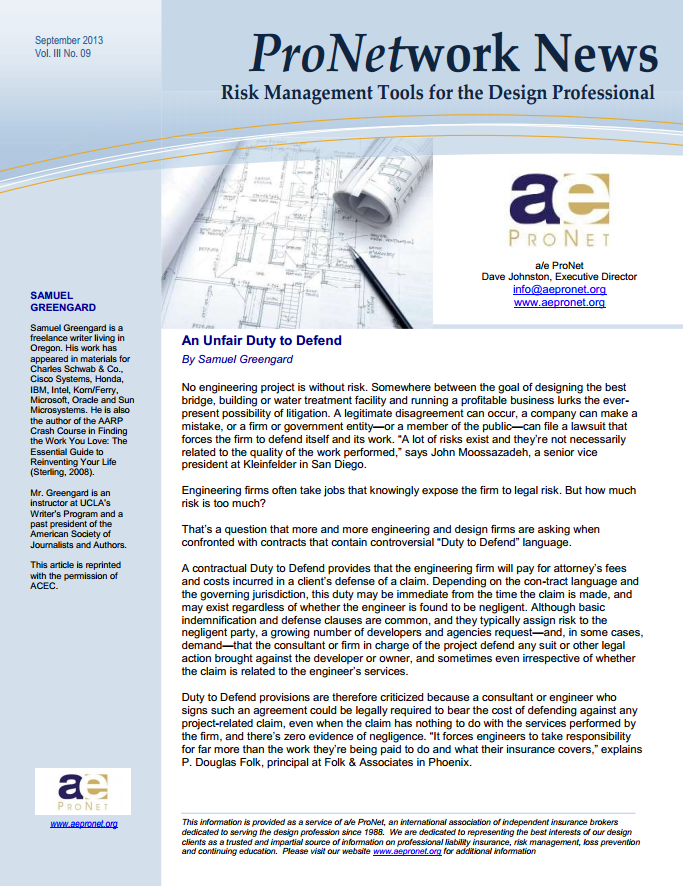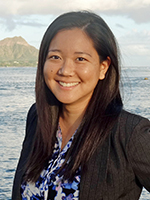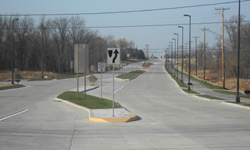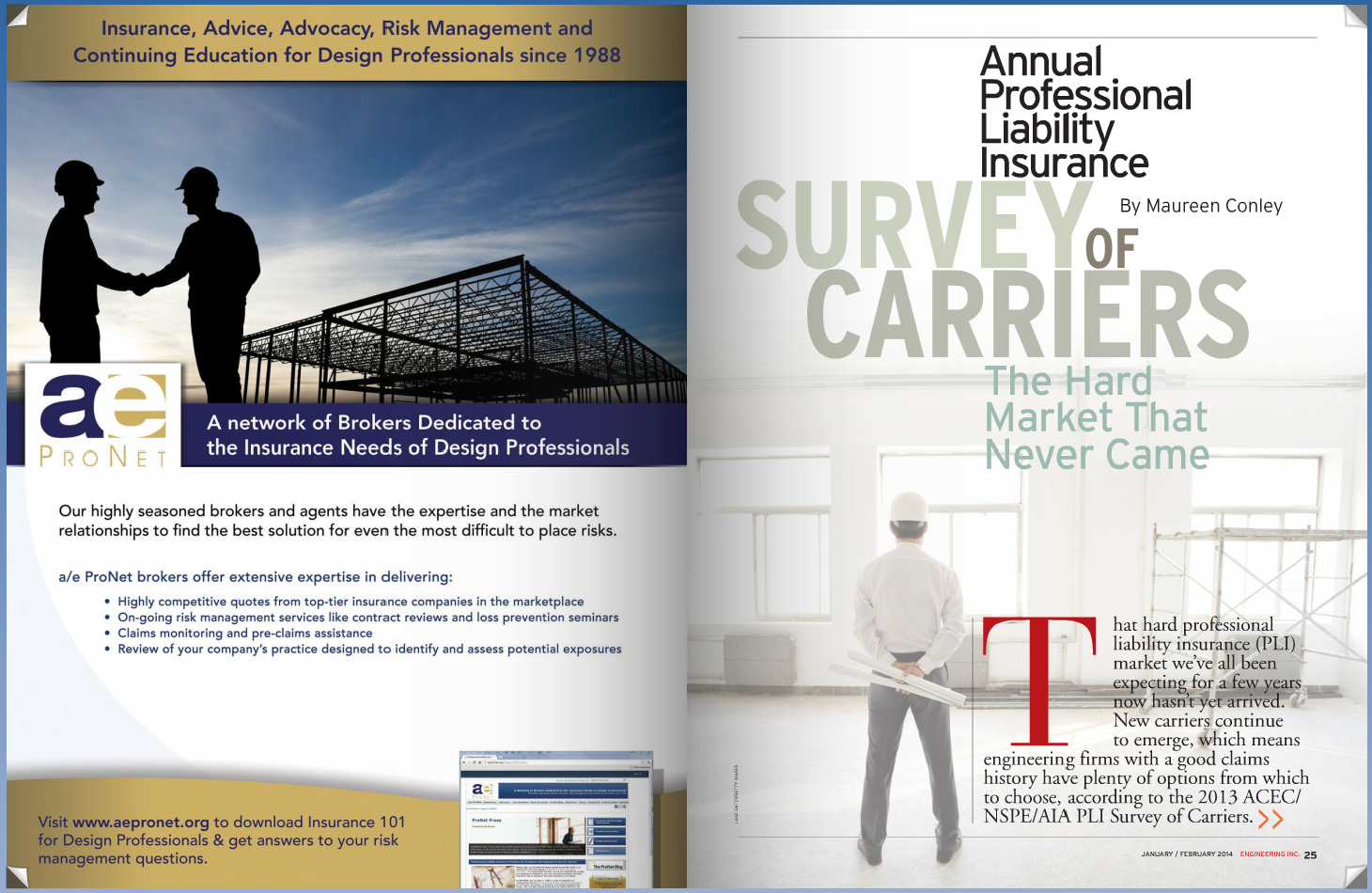 No engineering project is without risk. Somewhere between the goal of designing the best bridge, building or water treatment facility and running a profitable business lurks the ever-present possibility of litigation. A legitimate disagreement can occur, a company can make a mistake, or a firm or government entity—or a member of the public—can file a lawsuit that forces the firm to defend itself and its work. “A lot of risks exist and they’re not necessarily related to the quality of the work performed,” says John Moossazadeh, a senior vice president at Kleinfelder in San Diego.
No engineering project is without risk. Somewhere between the goal of designing the best bridge, building or water treatment facility and running a profitable business lurks the ever-present possibility of litigation. A legitimate disagreement can occur, a company can make a mistake, or a firm or government entity—or a member of the public—can file a lawsuit that forces the firm to defend itself and its work. “A lot of risks exist and they’re not necessarily related to the quality of the work performed,” says John Moossazadeh, a senior vice president at Kleinfelder in San Diego.
Engineering firms often take jobs that knowingly expose the firm to legal risk. But how much risk is too much?
That’s a question that more and more engineering and design firms are asking when confronted with contracts that contain controversial “Duty to Defend” language.
A contractual Duty to Defend provides that the engineering firm will pay for attorney’s fees and costs incurred in a client’s defense of a claim. Depending on the con-tract language and the governing jurisdiction, this duty may be immediate from the time the claim is made, and may exist regardless of whether the engineer is found to be negligent. Although basic indemnification and defense clauses are common, and they typically assign risk to the negligent party, a growing number of developers and agencies request—and, in some cases, demand—that the consultant or firm in charge of the project defend any suit or other legal action brought against the developer or owner, and sometimes even irrespective of whether the claim is related to the engineer’s services.
Duty to Defend provisions are therefore criticized because a consultant or engineer who signs such an agreement could be legally required to bear the cost of defending against any project-related claim, even when the claim has nothing to do with the services performed by the firm, and there’s zero evidence of negligence. “It forces engineers to take responsibility for far more than the work they’re being paid to do and what their insurance covers,” explains P. Douglas Folk, principal at Folk & Associates in Phoenix. Continue reading “An Unfair Duty to Defend”
 University students around the country are heading back to class. We’d like to recognize one of them today. In May, ACEC announced the winner of the annual a/e ProNet Engineering Scholarship as Emily Valenzuela.
University students around the country are heading back to class. We’d like to recognize one of them today. In May, ACEC announced the winner of the annual a/e ProNet Engineering Scholarship as Emily Valenzuela.






